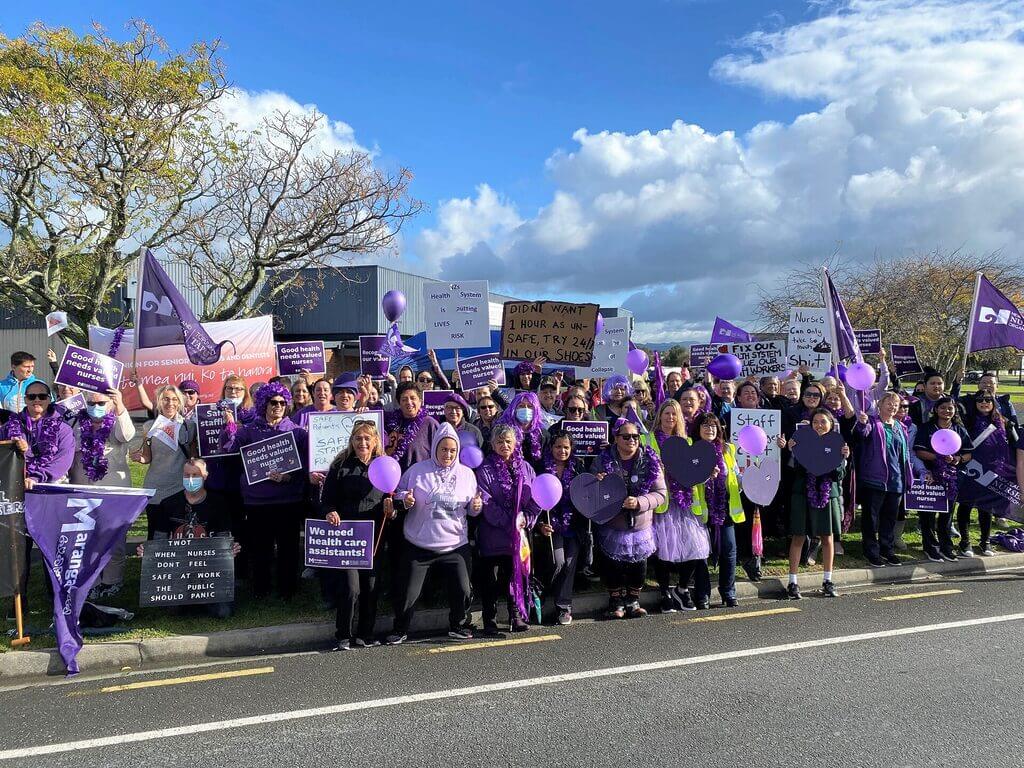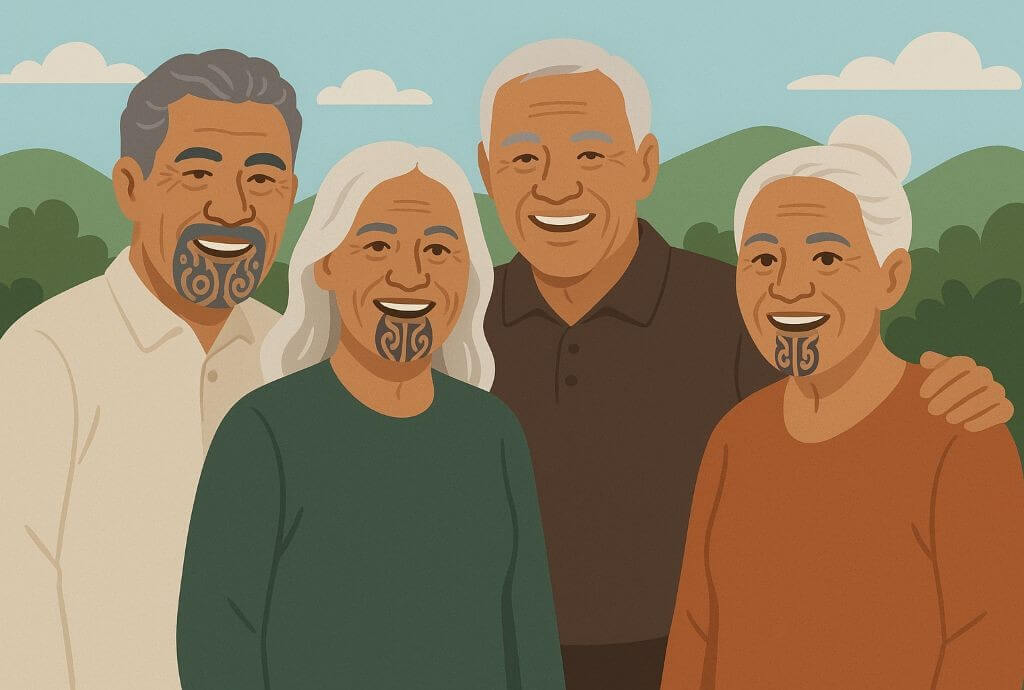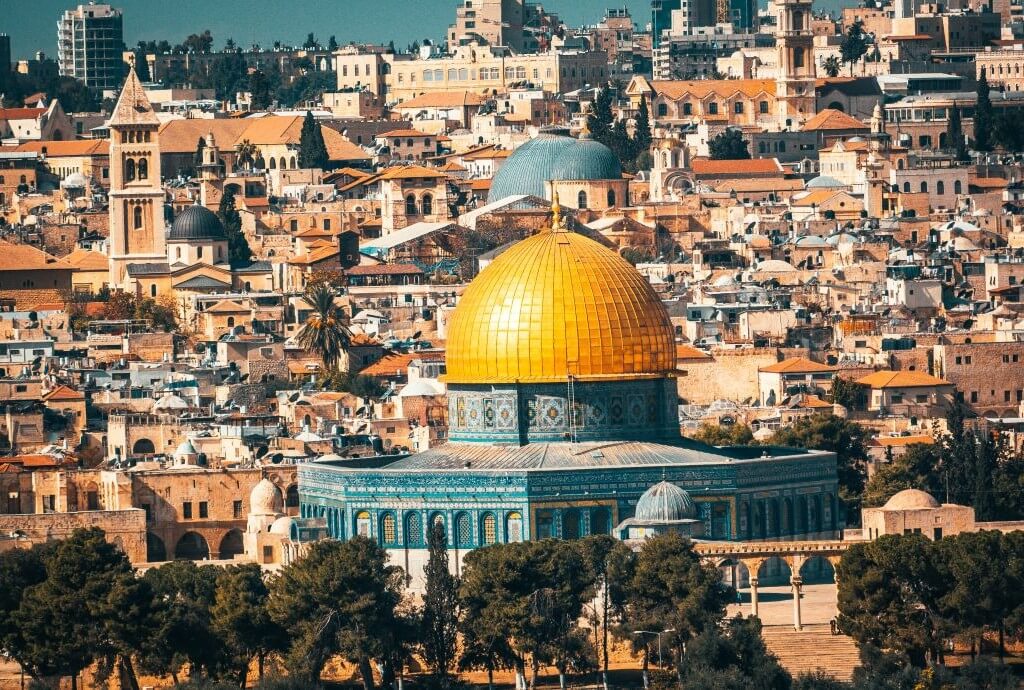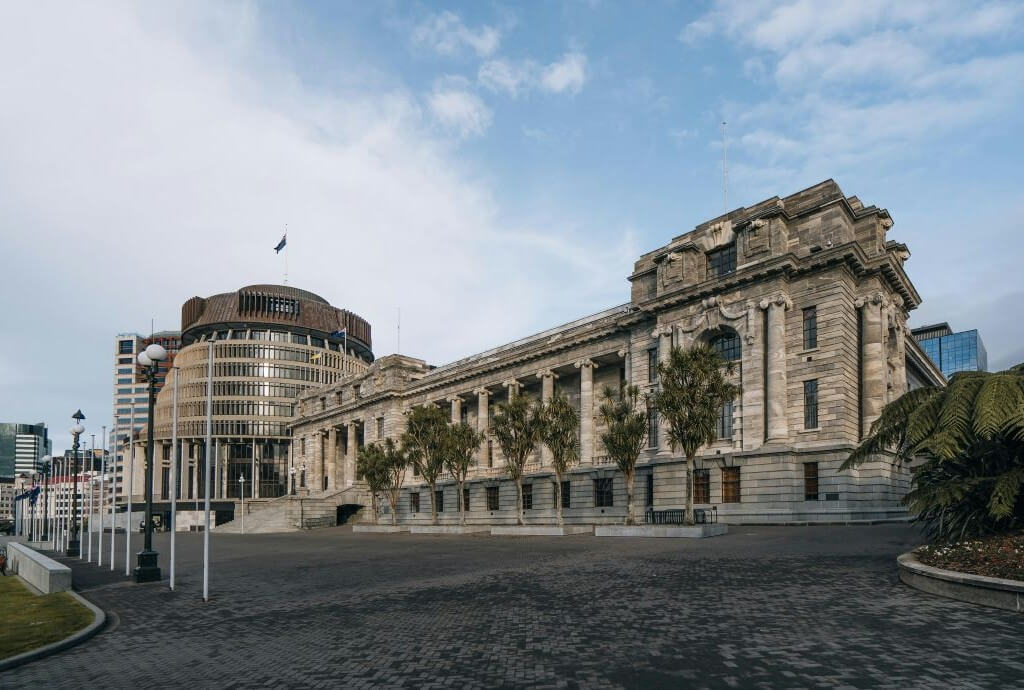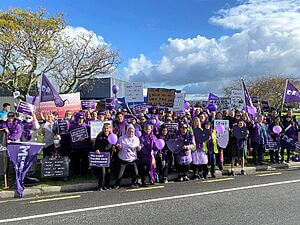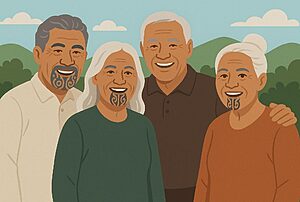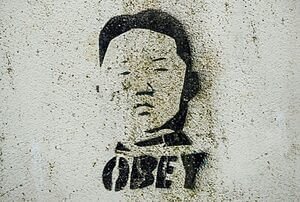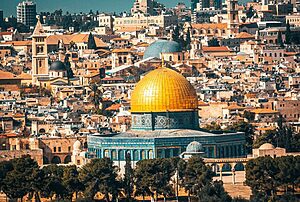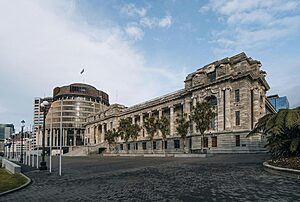In brief
- A Māori group faces accusations of “re-colonising” Aboriginal land for plans to build an Australian “marae”.
- This role reversal suggests a double standard in debating cultural rights and land use.
- Proponents echo colonial narratives arguing historical ties and adequate consultation as justification.
- However, Māori opposition in New Zealand and Australia illustrate concerns about enforcing Māori culture on others.
An ironic situation
A Māori group in Australia, the Sydney Marae Alliance (SMA), is moving forward with plans to build a $14m “cultural centre” resembling a marae despite facing accusations of “re-colonising” land from the local Aboriginal community.
Given that Māori activists have long campaigned against the injustices of colonisation in New Zealand, this scenario, with the roles reversed, challenges the consistency of the anti-colonisation argument.
Background on the story
The SMA has raised about half a million dollars and is seeking additional funds to finalise plans. Dharug Ngurra leaders claim they were not properly consulted about the project, which will sit on a 15-hectare block.
The SMA claims that an informal agreement was struck with the Dharug people decades ago, but those involved have since passed, and the details of the deal have been lost or forgotten.
In 2019, a meeting between the two parties resulted in the Dharug Ngurra agreeing to a whare where Māori and Aboriginal peoples could gather for celebrations.
However, in February 2022, the SMA applied to the Cumberland City Council to hold a Waitangi Day celebration without further consultation after being granted a 20-year lease. “We were deeply hurt when we saw that,” says Corina Norman, a representative of the Dharug Ngurra.
In September 2022, the Dharug Ngurra issued a statement strongly opposing the SMA’s plans to build a marae on their traditional land.
Sound familiar?
The Dharug Corporation stated they feel as though they are being “re-colonised” by the SMA’s actions. They questioned,
“How would our Māori brothers and sisters feel if roles were reversed in Aotearoa, with Dharug colonising their iwi/hapu in the same manner?”
Norman called the SMA’s board “divisive” and lacking transparency. “The fact that Cumberland council still went through and got a 20-year lease when we said at the 2019 meeting that it was a ‘no’ from us, speaks volumes,” she said.
In an article for E-Tangata, Jo Kāmira defended the project, citing the historical presence of Māori in Australia, dating back over 200 years, and the growing Māori community, now numbering around 150,000, as justification for building the marae.
Kāmira argues that Māori in Australia have the right to establish their own cultural spaces, just as other ethnic groups do. She claims there has been “32 years of consultation with Dharug.”
Proponents also argue that the proposal is a Māori “cultural centre” and not a “marae,” serving Australian Indigenous and Pasifika peoples as well. However, Norman contends that the plans appear to honour Māori culture over others.
Undermining the credibility of the coloniser narrative
Kāmira writes that a Māori cultural centre in Australia is a needed refuge for Māori who face racial discrimination. “It will be a whare wānanga [place of learning] and a cultural space for us Māori Aussies.” However, the irony lies in the fact that this effort, intended to preserve Māori culture, is being criticised as a form of re-colonisation by the local Aboriginal Dharug community.
For voters, this raises doubts about the moral high ground often claimed in the colonisation debate. It hints at a double standard: colonisation seems wrong only when certain people are involved. The irony of those who were once victims now facing accusations of similar actions could undermine the credibility of the coloniser argument.
A lot of Māori are opposed
It’s important to note that a significant number of Māori in New Zealand and Australia have voiced their opposition to the Sydney project. They argue that “We should not be enforcing our culture in another people’s whenua” and that the project should not proceed without proper consultation and approval from the traditional custodians of the land.

